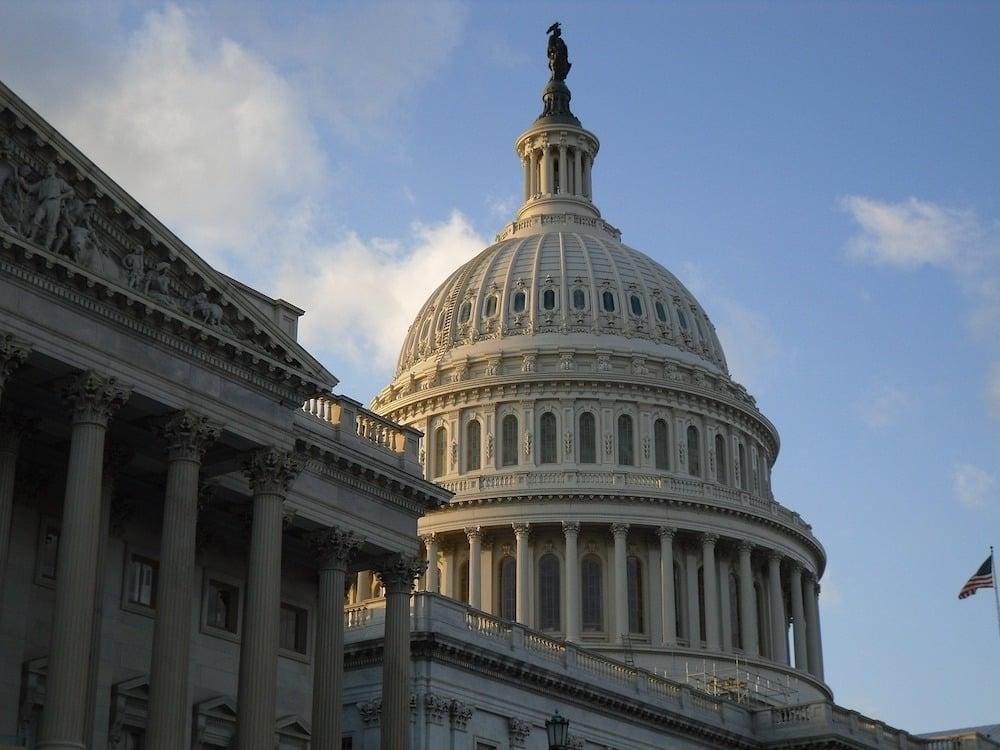Business
House Greenlights Budget Blueprint with Tax Cuts Amid Spending Controversies

On Thursday, House Republicans navigated internal divisions to pass a Senate-approved spending framework, which proposes significant budget cuts while extending President Donald Trump’s tax plan for several decades. The resolution, approved by a narrow 216-214 margin, is not a formal budget bill but represents a strategic victory for the GOP as they align their spending policies with the president’s agenda.
This marks the second appearance of the budget blueprint in the House, having previously passed in February. However, revisions made in the Senate necessitated a new vote in the House. The Senate’s modifications have raised concerns among House Republicans regarding the overall support for the resolution.
The Senate version of the budget framework proposes only $4 billion in spending cuts, a stark decrease from the $2 trillion originally presented in February. Additionally, it extends tax cuts from Trump’s initial term, a move that has irked spending conservatives in the House who had expected stricter budgetary measures.
Representative Chip Roy of Texas criticized the Senate’s approach during a House floor speech, labeling the revised plan as “irresponsible.” He pressed his colleagues to take spending seriously, pointing out that capitulating to the Senate’s modifications undermined fiscal responsibility.
Democratic representatives have similarly condemned the budget framework, claiming it would exacerbate national debt and undermine critical programs like Medicaid. Ohio Representative Marcy Kaptur described the resolution as a “billionaire bonanza,” lamenting that the discussion transcends mere numbers and fundamentally impacts the health of American citizens.
House Minority Leader Hakeem Jeffries characterized the budget plan as “reckless,” asserting it would have devastating effects on ordinary Americans. Republican dissent delayed an initial vote earlier in the week, as leadership worked to address concerns from within the party. Ultimately, only two Republicans, Thomas Massie from Kentucky and Victoria Spartz from Indiana, voted against the resolution.
In an effort to quell the criticisms, House Speaker Mike Johnson reassured lawmakers that the resolution is not legally binding and does not hinder ongoing efforts to reduce spending. The White House, too, urged Congress to approve the measure, emphasizing its importance in furthering Trump’s fiscal objectives and initiating the budget reconciliation process.
The approval of this budget blueprint signals the next step for Congress, which must now work on spending bills that align with the resolution. However, lawmakers face an additional pressing challenge: the impending debt ceiling. The Bipartisan Policy Center has projected that the government will reach its borrowing limit between July and October.

















